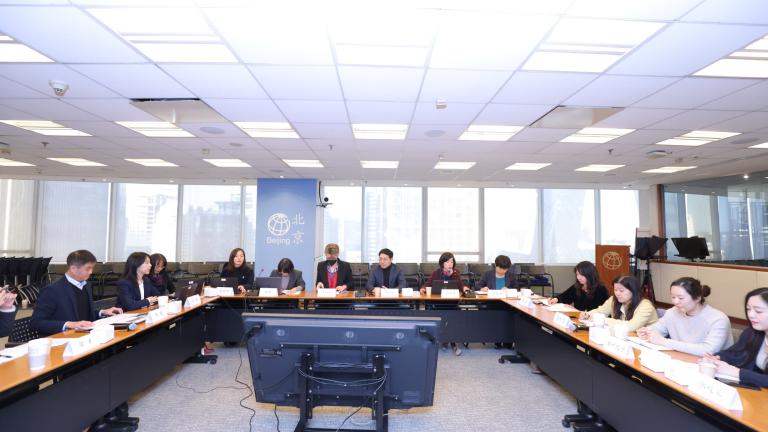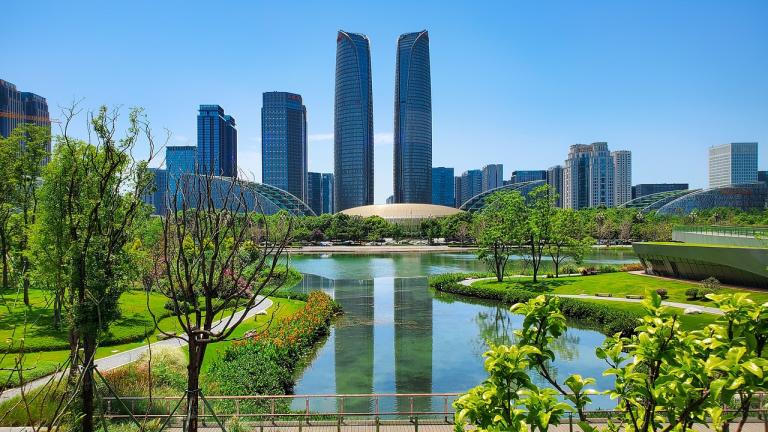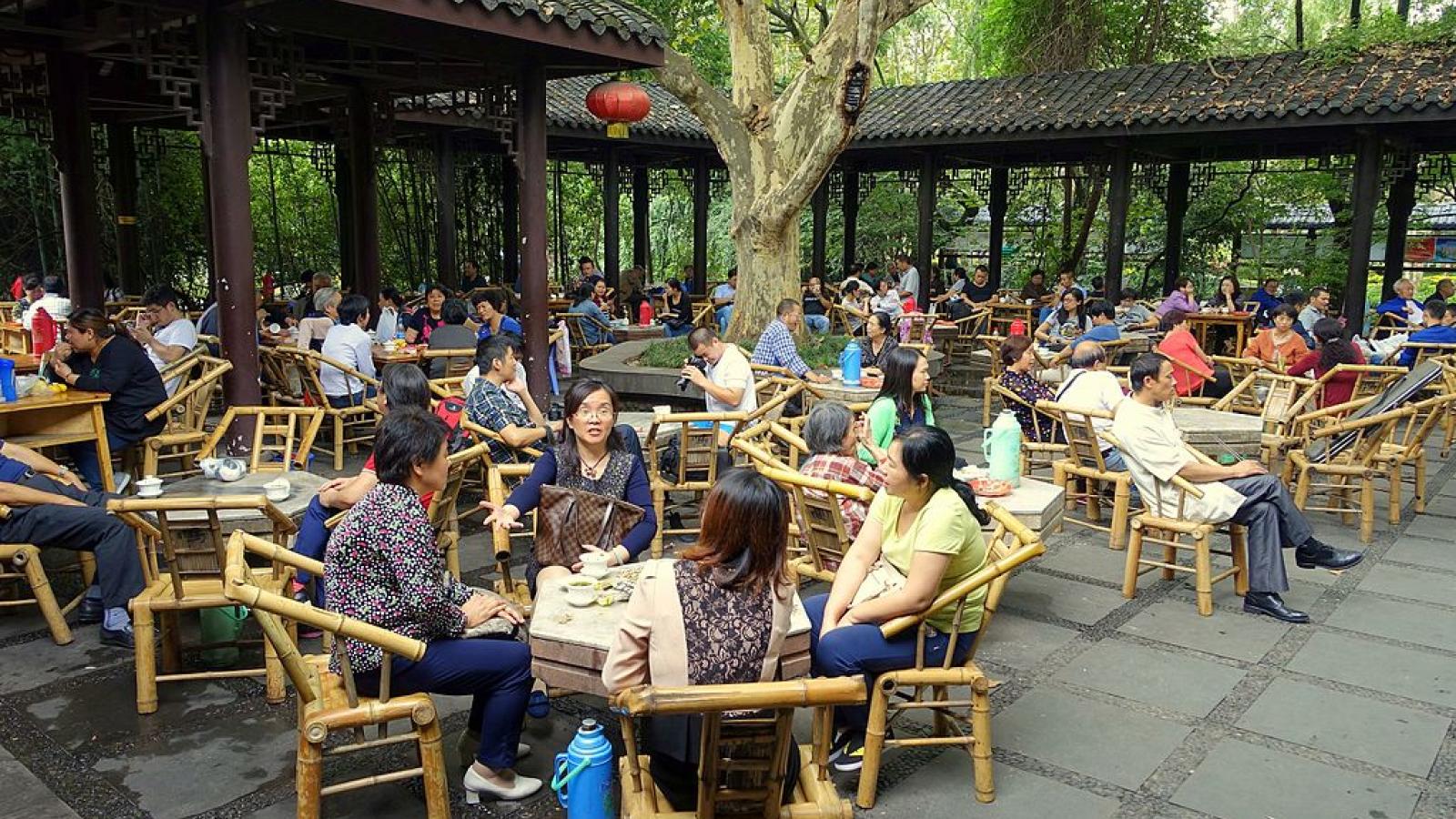News
World Bank Approves UrbanShift’s Local Project in China
One of nine GEF-funded country interventions, the UrbanShift China project aims to integrate biodiversity conservation, nature-based solutions and carbon neutrality into the development pathway of three participating cities.
People's Park, Chengdu, China. Daderot / Wikimedia Commons.
Earlier today, the World Bank Group's Board of Directors approved the China - GEF7: Green and Carbon-Neutral Cities Project, using a $26.91 million grant from the Global Environment Facility (GEF).
This project is one of nine country projects that form part of the GEF-7 UrbanShift program. It aims to integrate biodiversity conservation and nature-based solutions into the development process of participating cities in China and create a pathway towards carbon neutrality. The participating cities include Chongqing, Chengdu and Ningbo.
The China - GEF7: Green and Carbon-Neutral Cities Project consists of three components:
- Strengthen the high-quality development framework with a focus on promoting ecological and biodiversity conservation and carbon neutrality;
- Support integrated solutions to biodiversity and climate change, planning for and investing in nature and carbon neutrality;
- Support knowledge-sharing, capacity-building, and project management.
The implementing agencies for this project are the cities of Chongqing, Chengdu and Ningbo, and the China Center for Urban Development under the National Development and Reform Commission (NDRC). The project will operate from 2022-2027. For more information, visit UrbanShift's China Project Page.
(Source: Ministry of Finance, People’s Republic of China)
Learn more

GEF-funded "Green and Carbon-Neutral Cities" Project Launches in China
UrbanShift's project in China aims to support participating cities in achieving carbon neutrality and climate resilience by implementing nature-based solutions and urban biodiversity strategies and mainstreaming integrated planning at the city level.

Second National Dialogue for China
The second China National-Local Dialogue (NLD) aims to deepen the conversation on low-emission and urban resilience and biodiversity, and assess progress made since the first Dialogue.

Revolutionizing Cities for a Greener, Low-Carbon Future
The first UrbanShift National-Local Dialogue in China, led by ICLEI East Asia, focused on integrating biodiversity and low-carbon strategies into urban planning.

Reducing Climate Impacts on Urban Sectors
This concise set of policy briefs provides an overview of climate adaptation actions cities can take within eight specific urban sectors, including energy, buildings, mobility, waste, and food systems.

